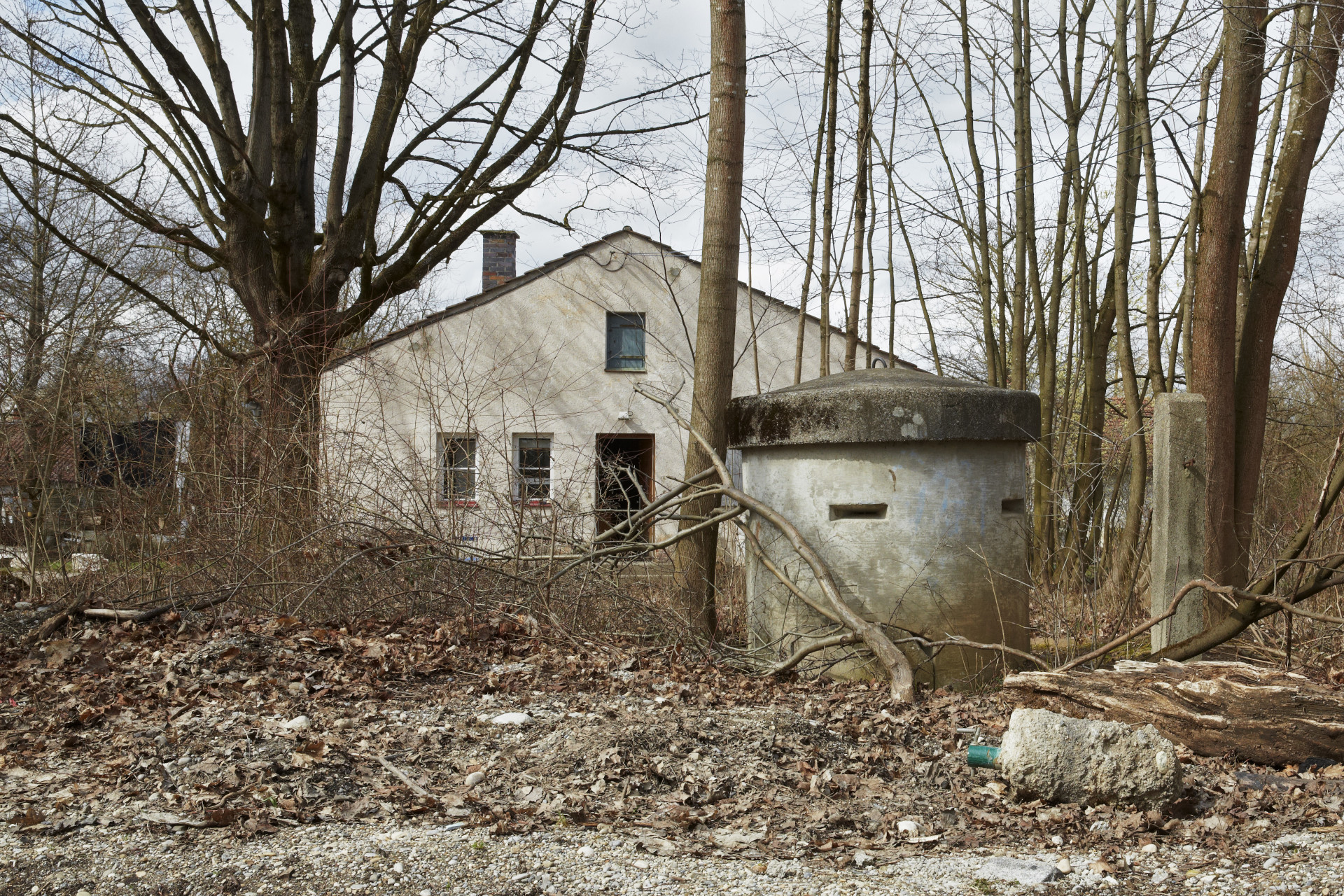Forced Labor in Munich
The former Reichsbahn camp in Neuaubing and surrounding
Between 150,000 and 200,000 people were deployed as forced laborers in Munich firms during World War II. They usually had to perform heavy physical labor and were housed in makeshift camps. We will visit the site on the perimeter of the Munich district of Neuaubing. This is one of the few places in Germany where former forced labor camp barracks have been preserved.
In 1940 the Nazis began recruiting additional laborers to work in the German war economy alongside concentration camp prisoners and prisoners of war. This soon evolved into a brutal system of forced labor. Altogether the German Reich deported 13 million laborers from the countries it occupied. In Eastern Europe, people were literally hunted down for this purpose. The largest share of the 4,000 men, women, and children accommodated in the Neuaubing forced labor camps came from the former Soviet Union, Poland, France, the Netherlands, and Italy. Most of them had to work in a maintenance workshop belonging to German Railways or in a factory of the arms company Dornier.
Only a few former forced laborers received compensation payments and even then, only after the year 2000. The Neuaubing camp became forgotten; today, most of the barracks are used as studios by artists. The Munich Documentation Center is creating a new memorial site here. The tour includes parts of the former camp, which is currently being renovated, as well as selected points in the neighborhood.

A barrack of the former forced labor camp in Munich-Neuaubing, 2014 | © NS-Dokumentationszentrum München, photo: Connolly Weber Photography
Send request
Information
Place
Memorial Site Neuaubing, Ehrenbürgstraße 9, 81249 Munich
Meeting point: Ehrenbürgstraße 9, Access via Ehrenbürgstraße
Duration
120 min
Suitable for
Adults, young people, students, senior citizens, multipliers, schools, teachers
Number of participants
Max. 15 people (larger groups will be divided)
Cost
€100 per group; free of charge for school classes and students
Languages
German, English, French, Italian (other languages on request)

